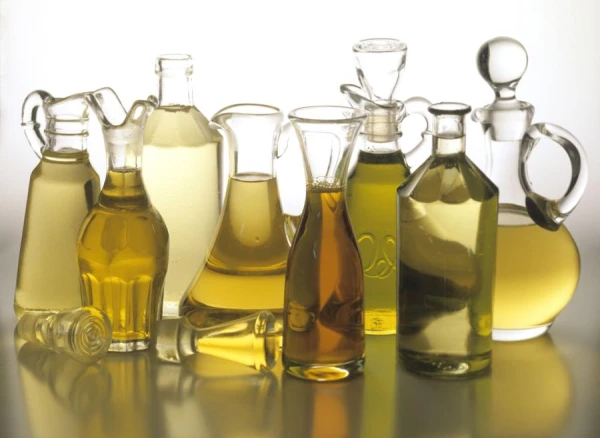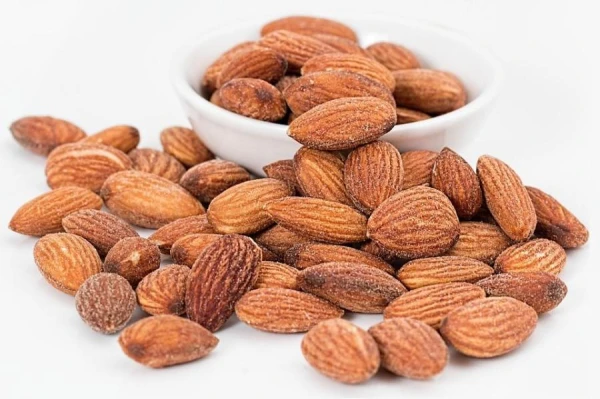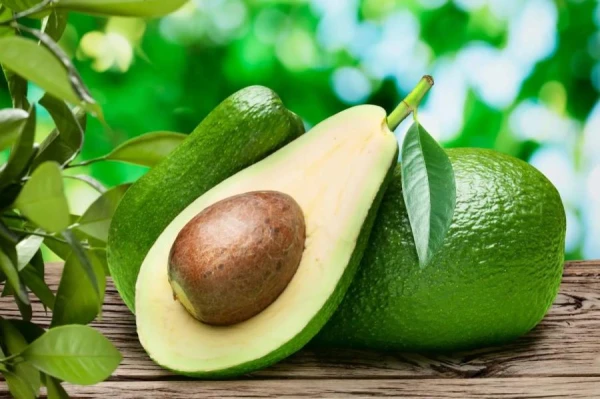
Olive and sunflower oils are the two most beneficial plant oils that we use in our daily lives. The debate over which one is better has been ongoing for a long time, and we will also try to figure this issue out.
Introducing Oils
There are many myths about sunflower oil, ranging from claims of cholesterol content to rumors of its infinite shelf life. In reality, this oil is much healthier than it may seem at first glance.
Sunflower oil is a plant product obtained from the seeds of oilseed varieties of sunflower.
If the seeds are simply pressed, unrefined oil with a rich aroma is produced, which is most often used in its "fresh" form for salad dressings. Refined oil is obtained through a more complex process using organic solvents. It does not have such a pronounced smell and taste, but it is perfect for frying due to its high smoke point.
Olive oil is made from the fruits of the olive tree. The best type is considered to be unrefined oil from the first cold pressing, labeled extra virgin. Many people believe that olive oil is the healthiest of all.
Comparison of Oils
Now let's figure out which oil to choose and why sunflower oil stands out for its health benefits.
Fat Content
Both oils are of plant origin and contain about 120 calories per tablespoon. Additionally, they are rich in polyunsaturated and monounsaturated fats, which help lower bad cholesterol levels in the blood while simultaneously raising good cholesterol levels.
Sunflower oil contains about 65% linoleic acid, while olive oil contains only 10%. It also has a higher content of Omega-3 and Omega-6, which contribute to improved neurological functions and reduce inflammatory processes.
However, olive oil wins in terms of oleic acid content, which suppresses oncogenic processes in the body. Thus, every time you dress a salad with olive oil, you are fighting cancer!
Vitamin E
Experts recommend daily intake of vitamin E, as it reduces the formation of free radicals that can lead to various types of cancer or chronic diseases, prevents atherosclerosis, helps combat asthma and skin diseases, and is also used for cataracts. According to some recommendations, adults need to obtain about 15 mg of vitamin E daily to reduce the risk of chronic diseases and certain types of cancer.
Sunflower oil is a rich source of vitamin E, with a higher content than olive oil. Studies show that vitamin E in oil can prevent rheumatoid arthritis and colon cancer. For comparison, a tablespoon of sunflower oil contains 5.6 mg of vitamin, while a tablespoon of olive oil contains only 2 mg (or even less).
Vitamin K
Vitamin K plays an important role in the blood clotting process, strengthens bones, and can prevent osteoporosis in women. In this aspect, olive oil has an advantage — it contains 8 mcg per tablespoon, while sunflower oil contains only 1 mcg.
Smoke Point
The smoke point is the temperature at which oil begins to break down and becomes harmful for consumption, as carcinogens are formed and the chemical composition changes. Unrefined olive oil starts to smoke at 160 degrees, refined at 200, unrefined sunflower oil at 107 degrees (and is suitable only for dressing finished dishes), while refined sunflower oil has a smoke point of 227 degrees, making it an excellent option for frying.
For better understanding, here is an example: water boils at 100 degrees, meaning that for a product to start frying in a pan, it needs to be heated to at least this temperature. A golden crust forms at a higher temperature — 140-165 degrees, due to a chemical reaction between amino acids and sugars.













Leave a comment